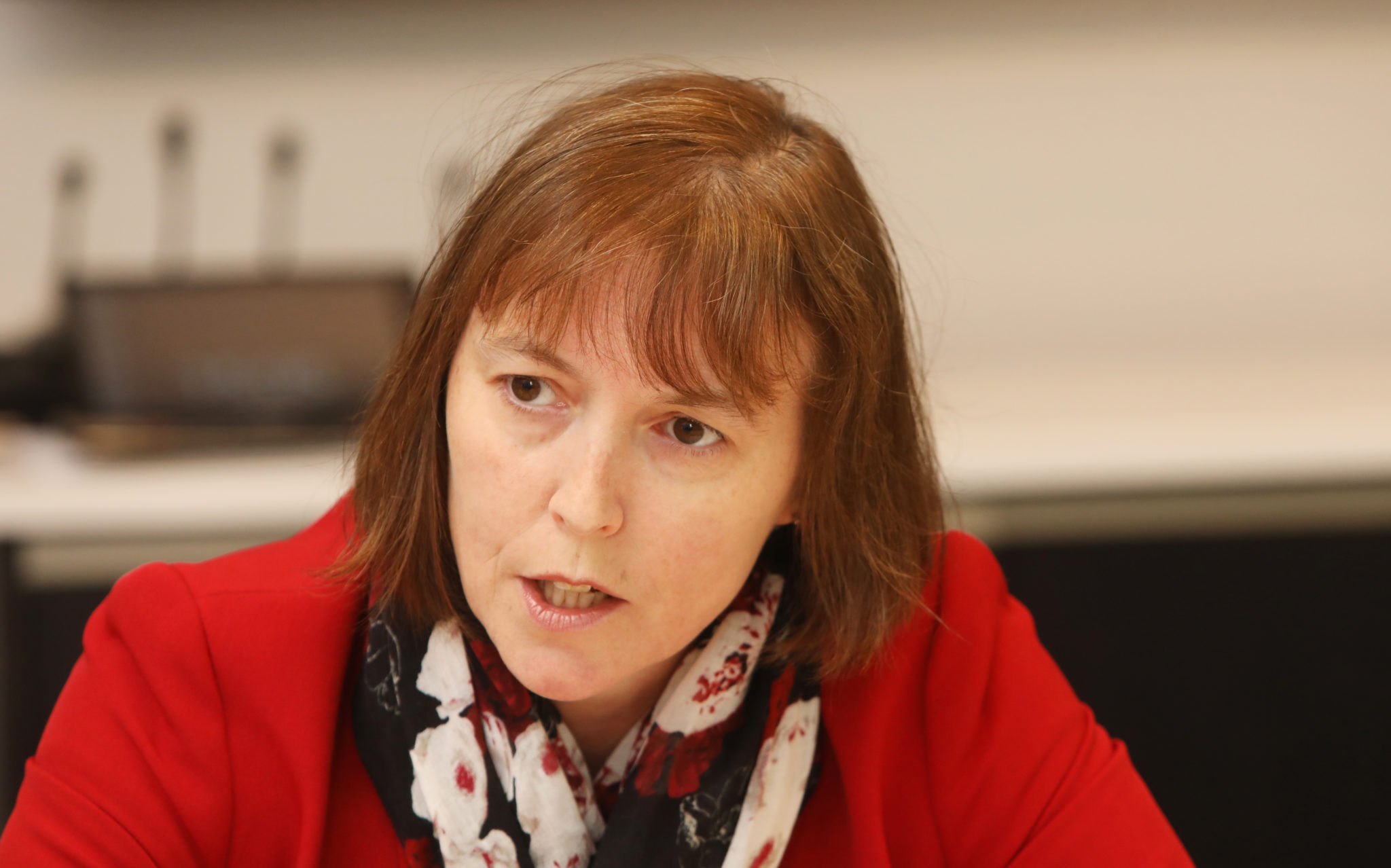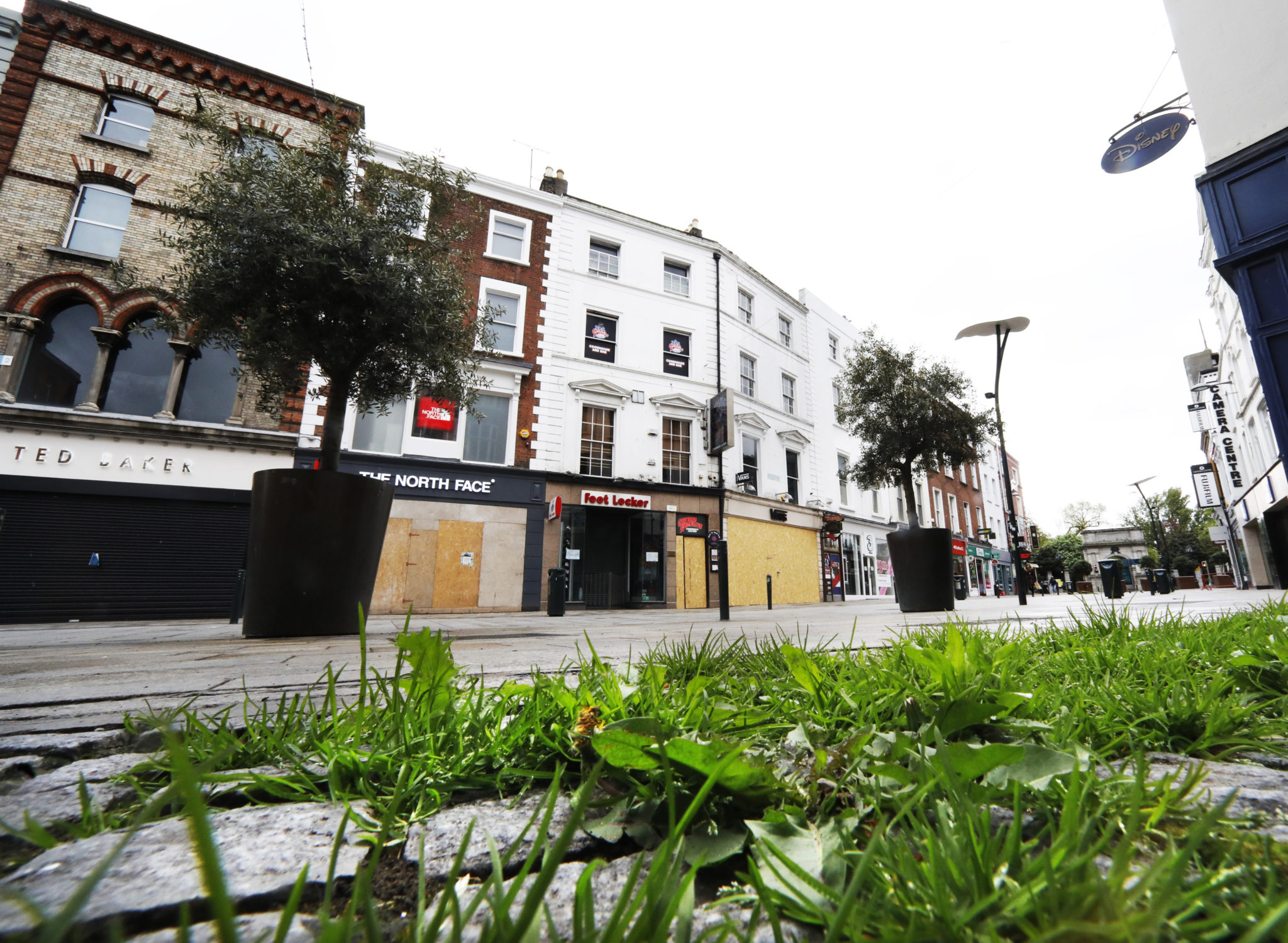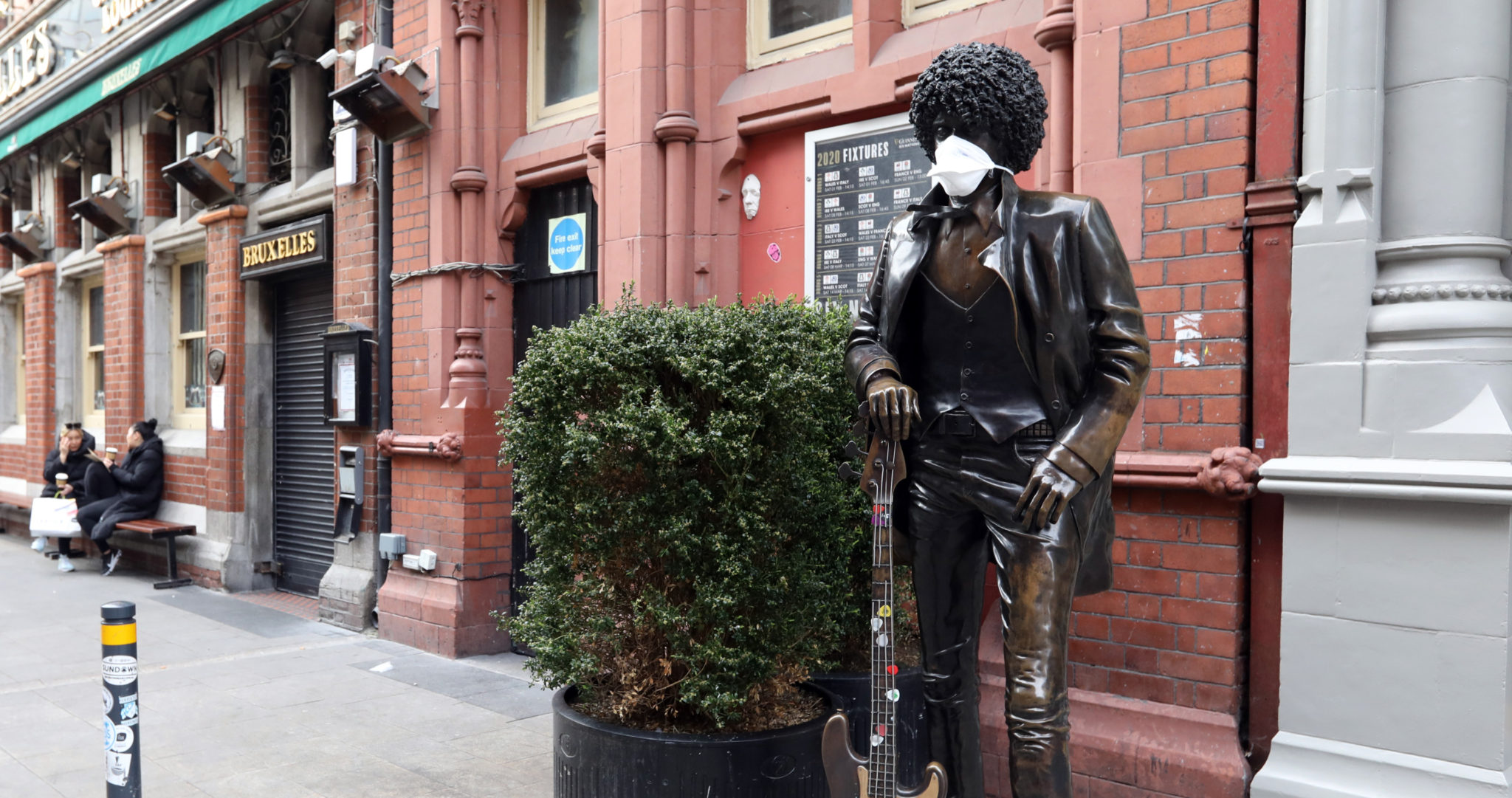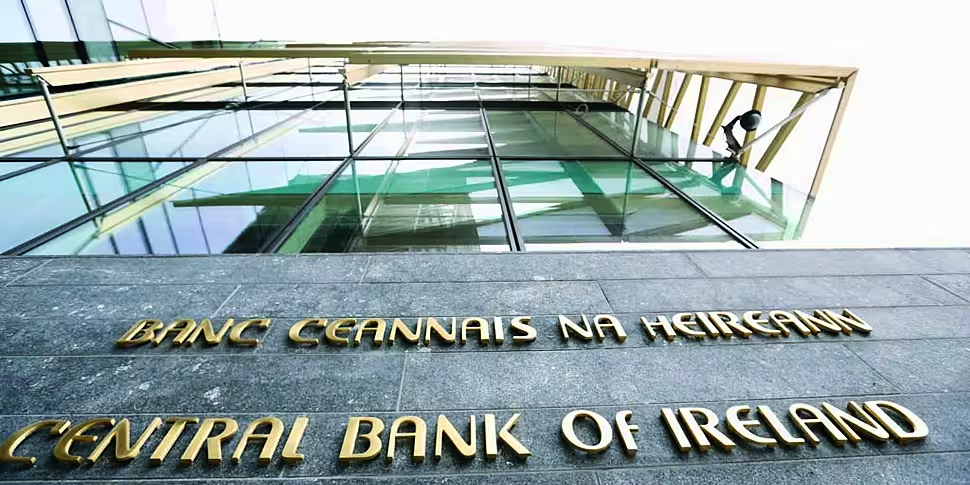The Central Bank has played down the prospect of distributing ‘helicopter money’ in order to kick-start the economy after the COVID-19 crisis.
The strategy, already put in place in jurisdictions like Hong Kong, involves depositing free cash into every citizen's bank account to encourage them to spend it with Irish businesses.
Economists like David McWilliams have called on the Central Bank to use the tactic to ensure the current recession does not descend into a deeper depression.
Proposals have included offering the money up as a voucher that can only be used within Ireland.
 File photo of Sharon Donnery, Deputy Governor of the Central Banking in Central Bank of Ireland, 14-06-2018. Image: Leah Farrell/RollingNews
File photo of Sharon Donnery, Deputy Governor of the Central Banking in Central Bank of Ireland, 14-06-2018. Image: Leah Farrell/RollingNewsOn The Pat Kenny Show, the Deputy Governor of the Central Bank Sharon Donnery said authorities could potentially raise the money through quantitative easing – purchasing government bonds on the open market.
She warned however that the regulator is “very strongly of the view that polices need to be targeted to the sectors that need the most support” rather than at the economy as a whole.
“Policies like helicopter money are more blanket policies across the system and they don’t necessarily get the help and support to the parts of the economy that need it most,” she said.
“The other thing that is very unusual about the circumstances now is it is actually very difficult to engage in consumption.
“So, if we look at consumption activity in the economy – what are people spending money on, what are they buying – the fact that large numbers of shops, retailers and so on are actually closed mean that the opportunity to spend in the economy are limited by comparison to how they are normally.”
 Grafton Street in Dublin City Centre, 29-04-2020. Image: Eamonn Farrell/RollingNews
Grafton Street in Dublin City Centre, 29-04-2020. Image: Eamonn Farrell/RollingNewsShe said the bank is not able to carry out a traditional forecast in the current circumstances; however, one of the things they expect to see is a big drop in consumption this year.
“So, even if you could find circumstances where you could give that gift or grant to everybody, whether it would actually be effective in prompting economic activity when people are limited in how much they spend would be the question,” she said.
She said the regulator has had a “lot of engagement with the banks” on their supports for customers who are struggling with their mortgage payments during the crisis.
 The Phil Lynnot statue outside Bruxelles Pub wears a mask, 19-03-2020. Image: RollingNews
The Phil Lynnot statue outside Bruxelles Pub wears a mask, 19-03-2020. Image: RollingNewsYesterday, The Banking & Payments Federation Ireland (BPFI) said its members would extend mortgage payment breaks out from three to six months.
The breaks have been extended to over 65,000 customers around the country.
Ms Donnery said it is essential that longer-term solutions are put in place for badly affected customers.
“For those that are in that very difficult circumstance where there might be a longer-term issue, we want that dealt with at an early stage,” she said.
“We had a very difficult crisis here before and there was a lot of concern during that crisis about continuously extending loans.
“That is not really viable or sustainable really in the longer-term either for the bank or for the borrower.”
She said the regulator has also warned banks that the breaks must not affect customer credit records.
You can listen back to her conversation with Pat here:









